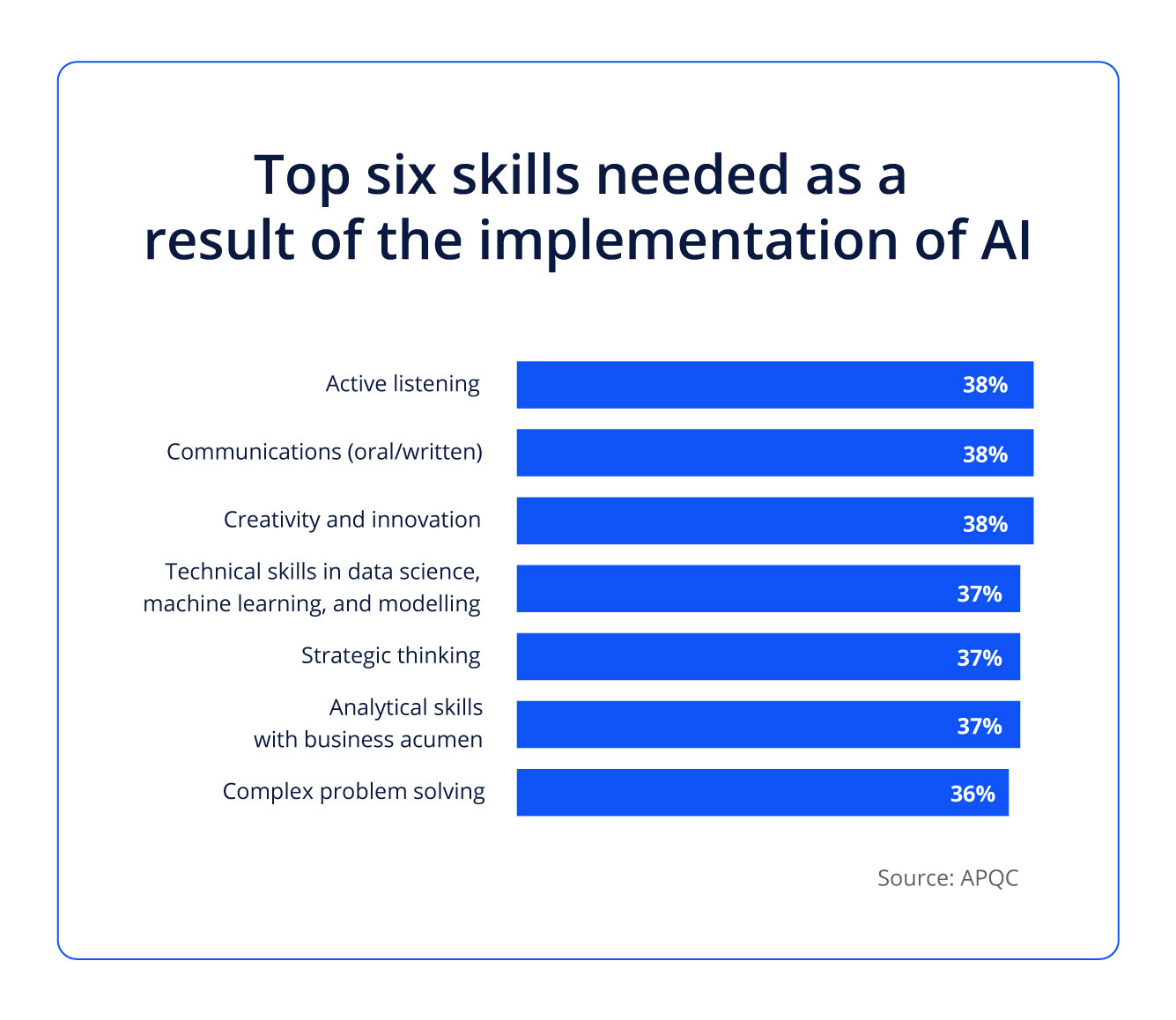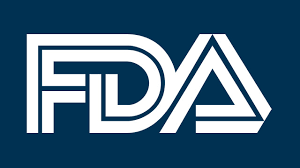In many countries around the world, regulations with new requirements in traceability have already started to be implemented – and the deadlines are fast approaching! As a result, professional training has become an urgency for team managers within industries such as pharmaceuticals.
Following the specific requirements of each country (such as the DSCSA in the United States, or the SNCM in Brazil), all companies that integrate the supply chain must implement serialization and traceability processes in the next few years.
So far, the big question is: will the market be ready?
Besides the necessary investments in traceability – which should reach $1 billion in the next few years – hiring, qualifying, and training professionals to deal with new technologies are major challenges.
As if these internal changes were not enough, external issues affecting the supply chain, such as threats to consumer safety, the shortage of raw materials, and the recent global pandemic have driven technological innovations and are changing the way global pharmaceutical supply chains operate.
Understand how employee empowerment will keep pharmaceutical supply chain players competitive for years to come.
New regulations, new transformations and new skills.

Digital transformations applied within the manufacturing sector are essential for companies to keep up with new regulatory requirements while meeting the consumer’s expectations and needs.
But implementing new features is only one part of the puzzle when it comes to regulatory compliance.
In countries where traceability is still new and often restricted to specific market segments, the workforce often needs to develop new skills in-house.
In this scenario, the lack of qualified talent is a major concern. Today, the ideal supply chain employee must
- balance new digital and interpersonal skills
- Constantly collaborate with other companies and suppliers
- Handle data strategically;
- Deal with new challenges of the digitalized supply chain.
Within these new pharmaceutical supply chain dynamics, new technologies and optimized processes alone are not enough for success.
Digital transformations in everyday work
Integrated digital technologies in the supply chain have made recruiting, training, and retaining talent even more critical – and at the same time, more complex!
Within pharmaceutical industries, employees dealing with drugs and other products interact with digital dashboards, prepare future analyses, and base important decisions on data.
Without the right alignment of information and people, data helps only so much. That said, it is important that technical knowledge is aligned with well-developed communication skills.
After all, digital transformation is a big change, but technology is not the only key factor in traceability.
The impacts on employees

Adopting new technologies and new automated work dynamics requires employees to be routinely involved in data analysis. While operations are constantly being digitized and activities are being automated at an accelerated pace, the human element is essential to develop strategic thinking based on the processed information. Aside from technical knowledge and good communication, other skills have become necessary:

In short, professionals must be able to see the evidence (data) and make the best possible decision for the business in the shortest possible time – especially in situations where there is no recommended standard approach, i.e. a “right answer” to the problem.
How to promote professional training?
Besides equipping your company with the best equipment and software, such as those developed by TrackTraceRX, it is essential to encourage training among your team of professionals.
Training a team demands:
- Investing in training that improves the necessary competencies presented above;
- Constant evaluation and monitoring of the team, providing motivating feedback;
- Establishing a traceability policy in the supply chain, listing the company’s and each sector’s objectives;
- Reposition employees within the production line, seeking to take advantage of their individual skills;
- Encourage career growth and continuous learning, offering specific training, for example.
TrackTraceRX understands that organizations must consider employee training as part of the traceability investment plan.
In a tough landscape where skilled labor is scarce, consider upskilling and training as smarter investments than trying new hires!
With the challenges of digital transformation, organizations that foster skill development in their team stand out in the new competitive scenario.
Need more guidance on the new regulations surrounding global traceability? Our team of experts is ready to support you with the best recommendations!
{{cta(‘c53b7ee2-ee57-447b-89ef-0e1eddd533c0’)}}
Leave your comments. Share your experiences and let’s build change together!




